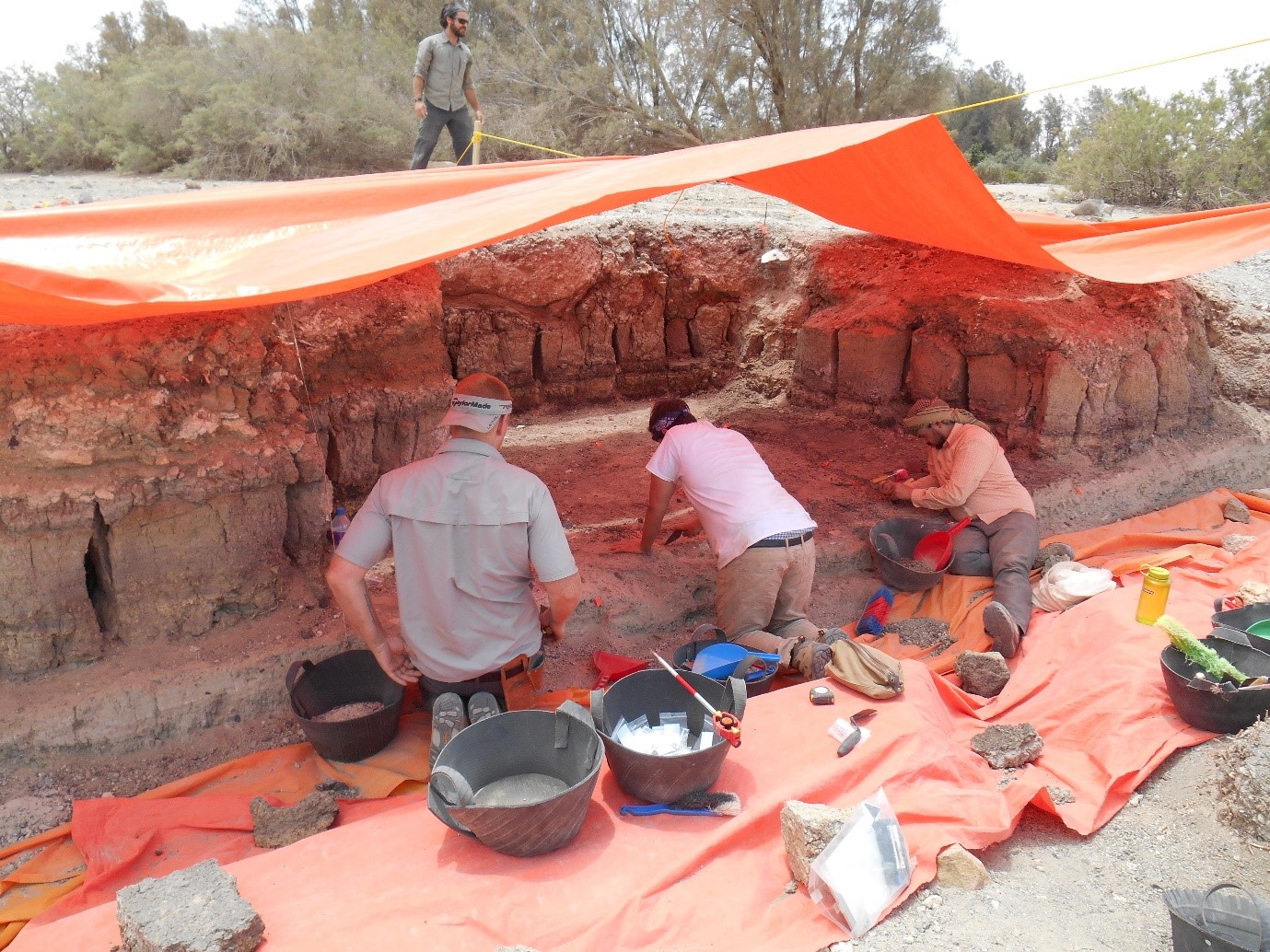Pleistocene human-environment dynamics in the Azraq basin of northeast Jordan: Implications for early human dispersals across arid southwest Asia
Abstract
This seminar will focus on recent research conducted as part of the Azraq Marshes Archaeological and Palaeoecological Project in eastern Jordan. Lower, Middle, Upper, and Epipalaeolithic occupations are documented throughout the Azraq basin, and new results from the central wetlands suggest that the spring-fed Azraq oasis functioned as a desert refugium for Pleistocene inhabitants of the basin during dry regional conditions. Moreover, stratigraphic analysis and preliminary geomorphic survey indicate that these dry period occupations were separated by millennial-scale wet periods when the central basin filled with a large, shallow lake. This talk will discuss the complex pattern of Pleistocene settlement dynamics in the Azraq basin that is intertwined with fluctuations in freshwater resources over the past 400,000, and explore the potentially significant role this human-environment dynamic played in the expansion of early Homo sapiens out of Africa and across arid southwest Asia.

About the presenter
Chris Ames is an archaeologist whose research focuses on prehistoric hunter-gatherer adaptations to changing environments. In particular, he studies the ways in which Pleistocene human-environment dynamics inform our understanding of how and why our species successfully covered the globe. He currently explores these topics with research projects in South Africa and Jordan, and his specializations include landscape geoarchaeology, geospatial analyses, and stone tool technology.
About Archaeology Working Papers
The Working Papers in Archaeology seminar series provides a forum for dissemination of archaeological research and ideas amongst UQ archaeology students and staff. All students are invited to attend the series and postgraduate students, from honours upwards, are invited to present their research. The aim is to provide opportunities for students, staff and those from outside UQ, to present and discuss their work in an informal environment. It is hoped that anyone interested in current archaeological directions, both within and outside the School and University, will be able to attend and contribute to the series.
